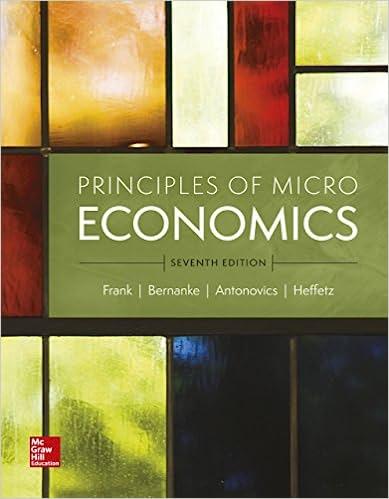Question
Murano, situated off the shore of Venice, Italy, has been producing high-quality glassware for centuries. Today it is still the number one destination for those
Murano, situated off the shore of Venice, Italy, has been producing high-quality glassware for centuries. Today it is still the number one destination for those who appreciate and collect high-end glassware and jewelry. In the 9th century, glassmaking in Murano was established when glassmaking was relocated there from Venice and surrounding towns due to the risk of fire. Glassmakers were not allowed to leave the island without government permission, thus confining the glassmaking techniques to the island. At the end of the 16th century, more than seven thousand of the island's citizens were involved in the glassmaking industry, making them the island's most prominent inhabitants. The glassmakers of Murano refined numerous techniques on enameled, crystalline, and multi-coloured glass. Using these techniques, glassware was embellished with glass gemstones and threads of gold. The glassware artists of Murano, over the centuries, and to this day, utilize age-old techniques to produce exquisite chandeliers, wine-stoppers, elegant figurines, and art glass of breath-taking proportions. The most popular product that people buy is a wine-stopper. Everyone who travels to Murano has to buy a wine-stopper (not by law, but because one just MUST have one). Tourists travel to Murano by one of a number of ferry boat companies. Tourists know that different shops charge different prices, but they don't know which shop(s) charge the lowest price and can't find out before arriving on the island.
Assume:
- Tourists will only travel to Murano once and shops do not sell online - so this is the only opportunity to buy a Murano glass wine-stopper.
- While the wine-stoppers are all different, tourists really don't care which one they get since every wine-stopper is unique - tourists are basically indifferent because they're all beautiful.
- Daily demand is Q = 600 - 0.5P.
- Ferries randomly dock at one of the NUMEROUS docks that service the island and tourists are evenly distributed to the docks. - Shops are evenly distributed across the island.
- Shops have a constant marginal cost of production of 10 euros.
A. (10 points) Assume that it costs a tourist a constant cost of C to check a shop's price or buy a winestopper, and that C is non-trivial (note that this isn't an out-of-pocket cost, so think of it as an opportunity cost). So, if a tourist visits one shop, the cost of buying a wine-stopper is PI+ nC where Pi is the price the ith shop charges and n is the number of shops visited. Revisiting a shop (i.e., backtracking) incurs an additional cost of C. At which shop do the tourists purchase their wine-stopper? Explain.
B. (10 points) What price does each shop charge for its wine-stoppers? Explain.
C. (15 points) Assume that an enterprising Murano resident creates a phone app that tourists can use to discover the shops' prices before they arrive. Does this change what each shop charges for its wine-stoppers? Explain.
Step by Step Solution
There are 3 Steps involved in it
Step: 1

Get Instant Access to Expert-Tailored Solutions
See step-by-step solutions with expert insights and AI powered tools for academic success
Step: 2

Step: 3

Ace Your Homework with AI
Get the answers you need in no time with our AI-driven, step-by-step assistance
Get Started


